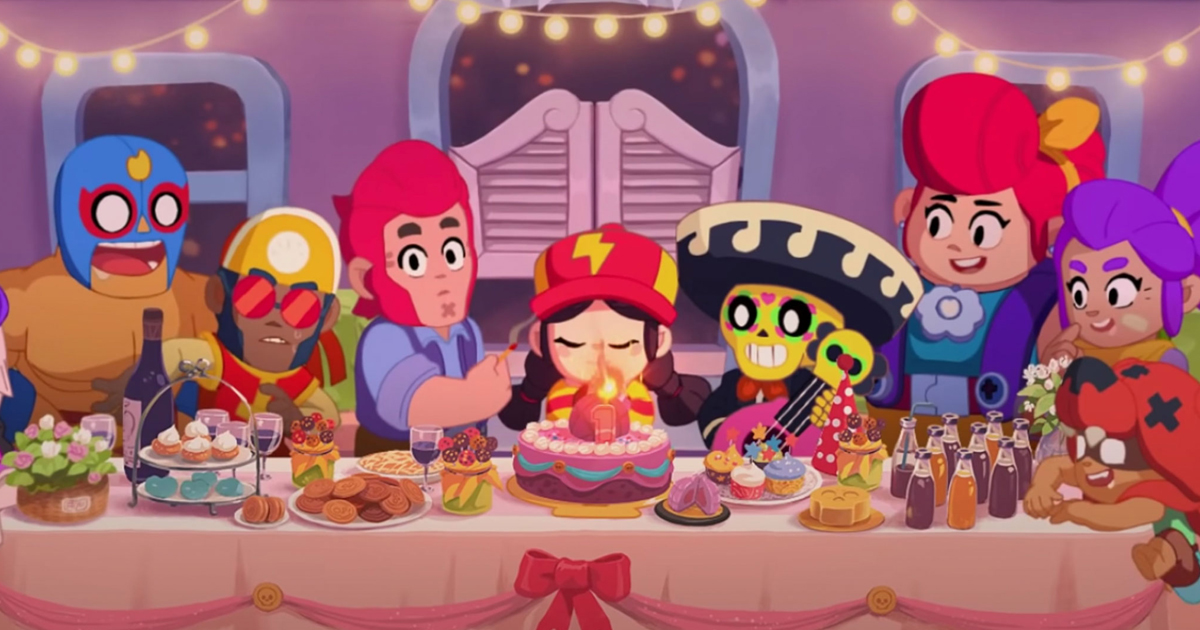Supercell has always been known for its ability to develop games by small teams and kill the least successful of them. CEO Ilkka Paananen, however, has realized this concept was nothing but a big mistake on his side.
Paananen addressed the issues Supercell is facing right now in a blog post on February 15, citing two factors he is worried about.
First, neither of Supercell games has really grown over the past few years, despite Clash of Clans and Clash Royale surpassing $10 billion in combined revenue to date. Second, the company hasn’t launched a new game ever since Brawl Stars, which came out in December 2018.
“We noticed that we had been so stuck in some of our old beliefs, that in some cases we had not been able to fully deliver for our players,” Paananen noted. So Supercell has to find a new course and change its strategy to grow in the long term.
What’s the problem with small teams?
- Historically, Supercell has been forming small internal teams to create new games. It allowed the studio to take risks, innovate, and launch several hit games as a result.
- This approach, however, is really flawed. Small teams are good for developing new titles but they simply can’t operate live games and fully serve players’ needs.
- What it means is that as soon as a game starts heading towards Beta the developers begin to move away from its initial goal, which is to create innovative experiences for players.
- “Definitely one of the biggest mistakes of the many that I’ve made in my career, and one that I will remember forever,” Paananen said. “And a great learning which in our culture of celebrating learnings that come from failures meant I deserved a big bottle of champagne.”
How will Supercell’s strategy change?
- The company won’t use the term “small” anymore, choosing a team size based on a game’s type and its development stage.
- Supercell has already decided to expand teams that support its live titles, implementing new technology, outsourcing pipelines, and smarter tools.
- The studio’s games are now supported by 20-35 people, which is still a small number for the games industry, but a relatively large team by Supercell’s standards.
- The concept of independent teams (or simply “cells,” as the company calls them) will stay untouched. Paananen still thinks it is important to trust people and their creative vision.
- Supercell will also fight burnouts within the company, which happened when small teams tried to deliver everything the studio had planned. The new mantra is “doing more for players cannot come at the expense of the team’s health.”
What do these changes mean in the long term?
- Supercell still has several games in its pipeline, including its co-op builder Everdale (currently in Beta), three new mobile titles based on the Clash franchise, and seven unannounced projects.
- According to Paananen, some of these games might be “killed” before the global launch. However, the studio plans to offer its teams more resources to develop and support the best titles they can.
- The new approach should help Supercell launch several new hit games over the next few years. And its internal teams will release their projects globally only when they are fully ready.
- Supercell will continue to invest in like-minded studios and games, including Beatstar, Merge Mansion, and Love & Piles.
- The company also launched the Level Up program, which puts six graduates into one team and lets them make a playable game within six months. By doing so, Supercell wants to learn new things from young talents rather than only hire experienced devs.
- Supercell is still looking for founders to open a new studio in North America, which will make games for other platforms beyond mobile.
In 2021, Supercell reached $2.24 billion in revenue (up 46.5% year-over-year), with its EBITDA being $852 million (up 80% year-over-year).
“Our inspiration comes from companies like Nintendo who built their company over 100 years,” Paananen said. “For us, the most important thing about financial results like these is that they enable us to keep investing in making even better games, taking risks and better serving the over 250 million people that play our games every month.”

